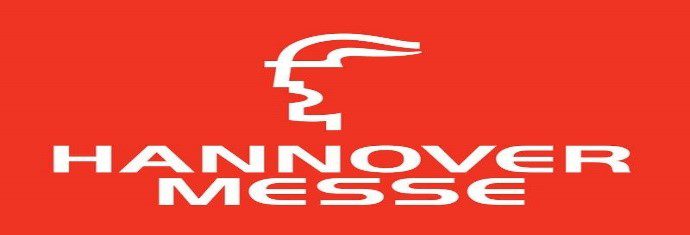Indonesian companies begin to embrace circular economy to reduce plastic pollution. Major Indonesian companies have begun to adopt a circular economy concept by recycling used plastic packages to help cope with the increase in growing plastic pollution in the country.
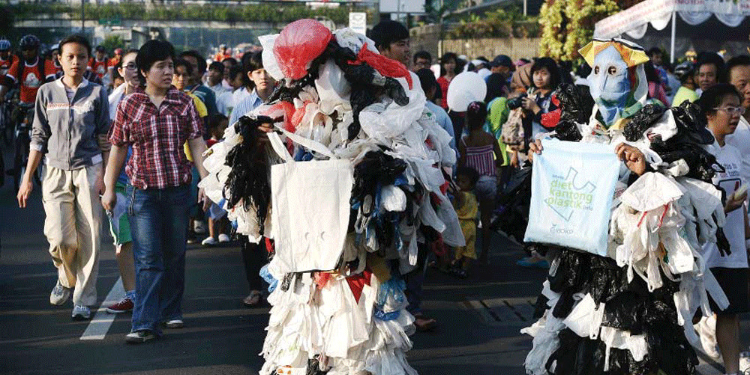
Instant noodle producer Indofood, publicly listed food company PT Mayora Indah, mineral water producer Danone and Coca Cola Indonesia are among the companies that have established plastic recycling programs in which plastic packaging is recycled and processed into other products, such as pallets and construction material.
Reduce Plastic Pollution
“We are also working with Indomie [instant noodle] restaurants to recycle their packaging waste,” the company’s corporate communications head, Stefanus Indrayana, said during a discussion on post-consumer packaging at the Indonesian Circular Economic Forum on Monday.
The circular economy is an economic system in which consumers and producers are encouraged to derive as much use and value from a product and keep it in the economy for as long as possible with the goal of never letting it end up in a landfill.
According to a recent brand audit by an international movement called Break Free from Plastic, the top three companies that produce the most plastic waste in Indonesia are Indofood, Danone and PT Mayora Indah.
Plastic Pollution
Most plastic wastes found were made from polyethylene terephthalate (PET), commonly used for plastic bottles, and low-density polyethylene, which is usually found in bottle lids.
In handling the issue, Danone Indonesia sustainable development director Karyanto Wibowo said the company launched a line of 1.1-liter Aqua bottled water products using 100 percent recycled plastic.
He said Danone had collected 12,000 tons of PET bottles to date to create the products.
Last year, the company pledged to collect more plastic than it produces by 2025 under the #BijakBerplastik campaign.
“Cost-wise, it is more expensive [to recycle] than to use virgin plastics, but this is a must-do for the future. I am sure that if more industries join in, we can make recycling costs more competitive,” he told the press.
Reduce Plastic Pollution
Similarly, Coca Cola Indonesia’s public affairs and communications director, Triyono Pujosoesilo, said the program to recycle used plastic containers was costly because the collected plastics should be sorted and washed before being recycled.
The beverage company, along with five other consumer goods companies–Danone, Indofood, Tetra Pak, Nestlé and Unilever–are working under the Packaging & Recycling Alliance for Indonesia Sustainable Environment (Praise) to collect plastic waste efficiently.
He said the alliance would finish its research this year and run value chain pilot projects by next year, focusing on PET, universal beverage cartons and flexible packaging such as sachets.
“Still, segregation of trash at the source [home] is a key. People need to treat plastics as a raw material with value,” Triyono said.
Statistics Indonesia’s (BPS) Behavioral Index of Environmental Indifference 2018 report suggests that 72 percent of Indonesian households do not care about waste management and as much as 81.4 percent of households do not take into consideration plastic waste when shopping.
Waste management enterprise Waste4Change project executive Adhitya Prayoga said it would take time for Indonesians to segregate their waste from the source as most people had yet to educate themselves about the plastic recycling process.
“Some people do not even know that plastic can be recycled. Some do not know that the clean plastics have more value,” he told The Jakarta Post on Tuesday.
He said he believed that, eventually, more people would want to sort their waste, even without the promise of incentives.
Indonesia is said to be the second-biggest marine plastic polluter in the world, accumulating an estimated 1.3 million tons of plastic waste every year. According to the ASEAN and European Union joint report on the ASEAN circular economy, about 60 percent of Indonesia’s packaging industry focuses on the production of plastic, both flexible and rigid types.
However, up to 70 percent of Indonesia’s plastic waste goes to landfills, about 15 percent ends up in rivers and seas and only about 10 to 15 percent is recycled. Indonesian companies begin to embrace circular economy to reduce plastic pollution (Eisya A. Eloksari, The Jakarta Post)


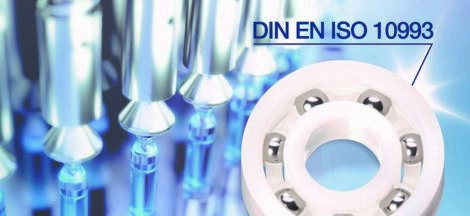
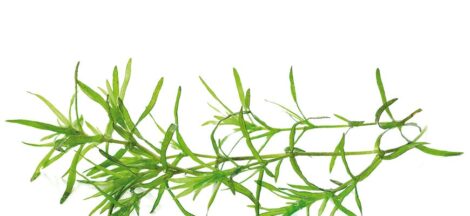
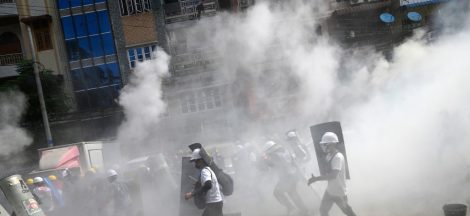
 Membuat Satu Produk di Area Produk Massal, Menghemat Bahan Baku
Membuat Satu Produk di Area Produk Massal, Menghemat Bahan Baku 